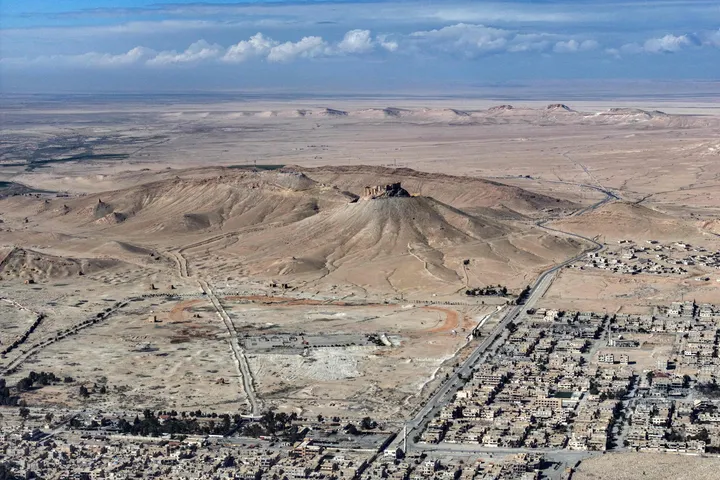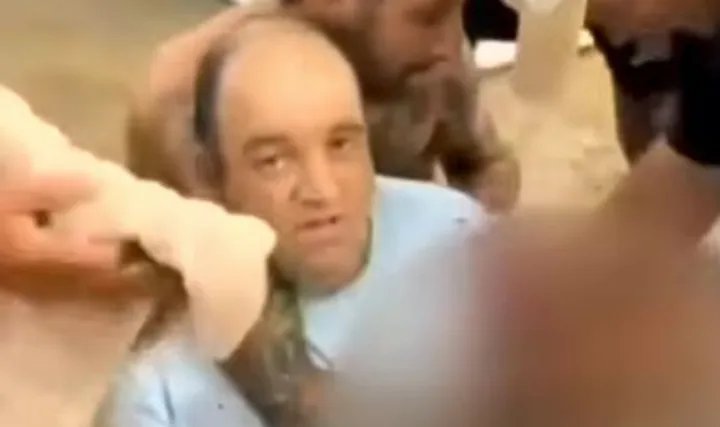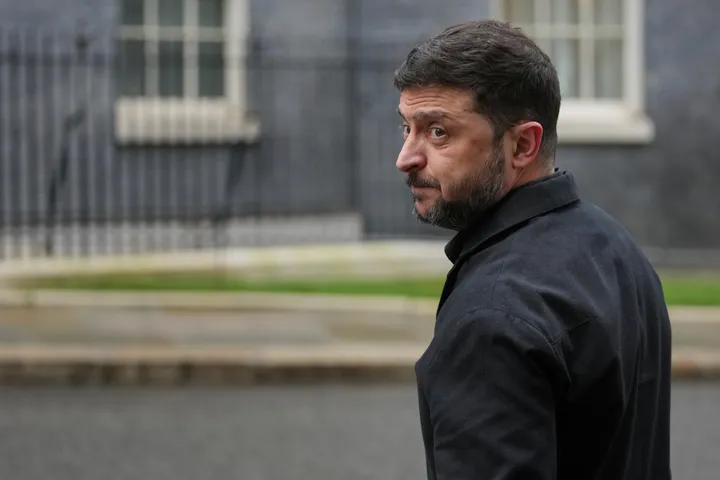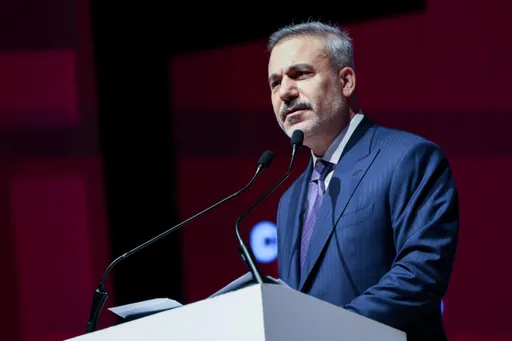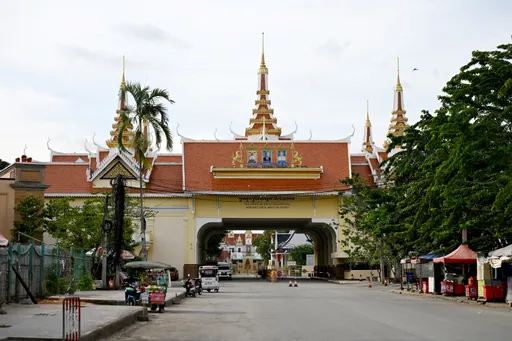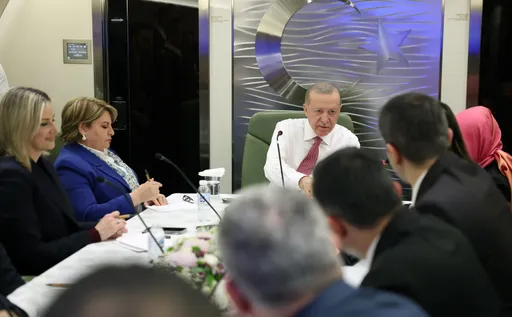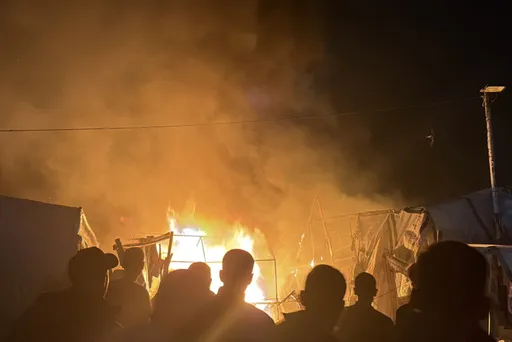Protests are brewing in Hong Kong yet again. Its leader Carrie Lam said that measures to amend a highly contentious extradition bill are dead - but protesters aren’t buying it. Instead, they are gearing up for more.
So far, more than 15 protesters have been detained and others face police charges for joining the protests that periodically lapsed into violence.
What is this bill about and why is there so much fuss?
Triggering the rallies is a draft law which would have allowed extraditions to mainland China.
The bill, which covered Hong Kong’s seven million residents as well as foreign and Chinese nationals, was seen as a threat to the semi-autonomous city’s “one country, two systems” arrangement with Beijing.
Critics fear suspects would face unfair and politicised trials, and that opponents of China's ruling Communist Party would eventually be targeted.
This is all part of a wider context - a tug of war between mainland China and the semi-autonomous territory.
Hong Kong was handed back to Beijing's authority in 1997, but was promised it would preserve its separate financial, legal, and immigration systems for 50 more years - until 2047.
Citizens of Hong Kong have enjoyed many liberties and freedoms such as its independent judiciary and rights like freedom of speech, unlike Chinese citizens on the mainland - a term stipulated in the 1997 handover deal with the British. Over the years, these freedoms have been slowly chipped away. Critics point to the disappearance into mainland custody of dissident booksellers, the disqualification of prominent politicians, and the jailing of democracy protest leaders.
“Beijing is speeding up the homogenisation of Hong Kong into another Chinese city and escalating its crackdown on Hong Kong freedom,” Ho-Fung Hung, a political-economy professor and expert on Hong Kong–China relations at Johns Hopkins University toldThe Atlantic.
This extradition bill for Hong Kongers is part of China’s encroachment - something they want to push back on.
What do they want?
They are still demanding that the bill be completely withdrawn. Hong Kongers are not impressed with Lam’s statement, arguing that it stops well short of withdrawing the bill. They want the law to be scrapped from the legislative agenda, rather than wait for it to expire in July 2020 when the next parliamentary session ends.
Over the past few weeks, protests have ramped up in the city with some turning violent, eventually culminating in the storming of Hong Kong’s Legislative Council. The protests have swelled in size too, with numbers reaching two million, but that has not diminished their mainly peaceful nature. The movement has also united an unlikely cross-section of Hong Kong society, including major businesses and legal bodies, as well as religious leaders, activists, and journalists.
Some also feel that Lam is heavily out of touch with Hong Kongers.
"Instead, she should really stand out and talk to the young protesters," protest leader Bonnie Leung said.
"The young protesters have been out in the street outside her house, outside government headquarters, for weeks, roaring to be heard."

